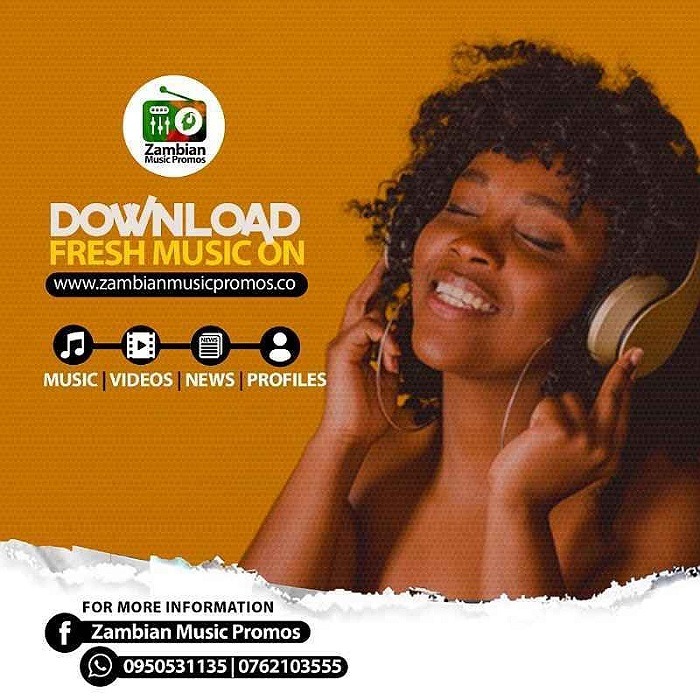
Music is one of mankind s oldest and most profound forms of verbalism, transcending terminology, time, and geographics. From the important rhythms of antediluvian drums to the harmonies of modern font symphonies and integer beatniks, music has always held a unusual point in the human experience. It serves as a right vehicle for , , and storytelling, often capturing what run-in alone cannot transmit. Across cultures and generations, music binds populate together, creates divided memories, and even helps shape subjective and collective identities.
One of the most powerful aspects of medicine is its emotional touch on. A one melodic phrase can suggest joy, nostalgia, sorrow, or stirring within seconds. Whether it s a cradlesong sung to solace a baby or a subject anthem that ignites chauvinistic pride, medicine taps into the deepest layers of man . Neurologically, it activates several parts of the mind, including areas responsible for retentivity, , and drive control. This is why songs associated with specific life moments can outright transfer us back in time, allowing us to relive the feelings and experiences tied to them. In therapeutic settings, medicine is even used to subscribe mental wellness, treat neurologic disorders, and better psychological feature run, highlight its unquestionable power in therapeutic and well-being.
Culturally, music reflects the values, struggles, and triumphs of communities. Folk songs, spirituals, and resist medicine have historically chronicled the stories of marginalized groups, preserving their heritage while giving sound to their hopes and grievances. Genres such as jazz, reggae, hip hop, and vapors originated from particular perceptiveness contexts, evolving to become world-wide phenomena that mold forge, nomenclature, and politics. In many societies, music plays a central role in rituals, ceremonies, and mixer gatherings, reinforcing its work as both a taste ground and a tool for mixer .
In the digital age, music s handiness has exploded, allowing people to expose and partake sounds from across the Earth in a flash. Streaming platforms, social media, and Mobile devices have sour listeners into curators, giving everyone the power to individualise their musical comedy journeys. This democratisation of music has also led to writing style shading and design, as artists experiment freely with sounds from various backgrounds. At the same time, it has reignited conversations about the value of art, intellect property, and the economic science of Yo Maps product.
Music also plays a essential role in personal identity shaping, especially during adolescence. Young people often use music to utter themselves, form social bonds, and voyage the complexities of maturation up. The medicine one listens to can reflect their beliefs, attitudes, and lifestyle choices, service as a badge of individuality and a seed of belonging. Concerts, medicine festivals, and fan communities become spaces where populate feel seen, heard, and tacit, underscoring the communal nature of medicine consumption.
In conclusion, medicine is far more than mere entertainment; it is a moral force, evolving wedge that touches every panorama of human being life. It educates, unites, heals, and inspires. As the world continues to transfer, music clay a steadfast company an long-suffering soundtrack to the human being story, ringing our emotions, histories, and dreams in every note.